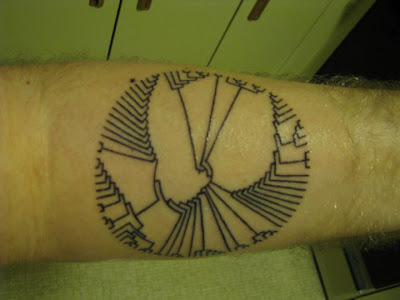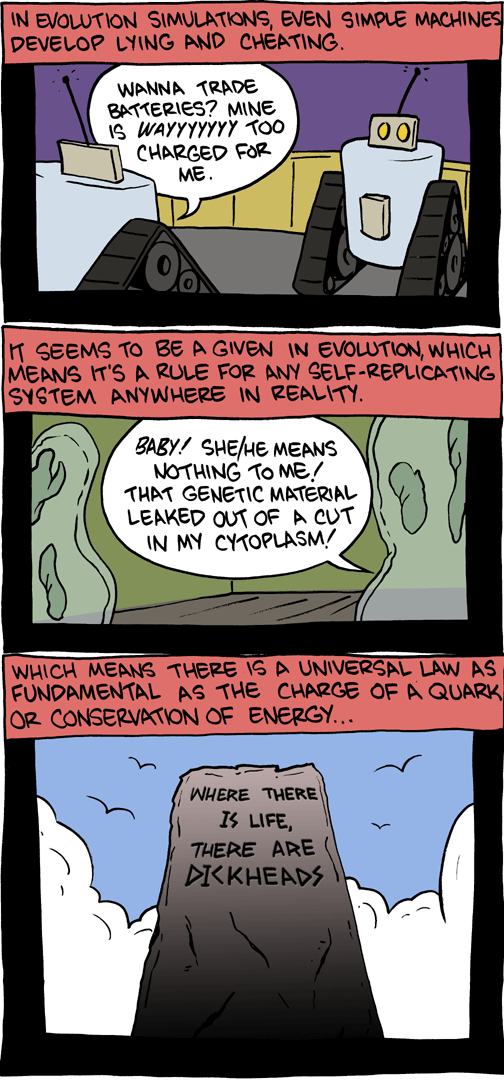Mom: What do you imagine your wedding being like?
Me: …I kind of need someone to get married to first.
Mom: No, I mean, what would your dream wedding be like?
Me: I don’t really fantasize about my wedding. I don’t know, cheap.
Dad: Good, I raised you right. Now you won’t be the type who gets married too early just because you’re in love with the idea of getting married.
Mom: *disappointed look*
Me: I guess if I had an infinite amount of money, I would chose a really cool place to have it in. Like in a Natural History Museum.
Mom: …With dinosaurs and mummies and stuff?
Me: Yeah! I mean, how cool would that be, to get married under a giant fossilized skeleton of an ancient whale or something?
Mom: *look of horror and disgust*
Me: …Well I think it would be cool *pout*












